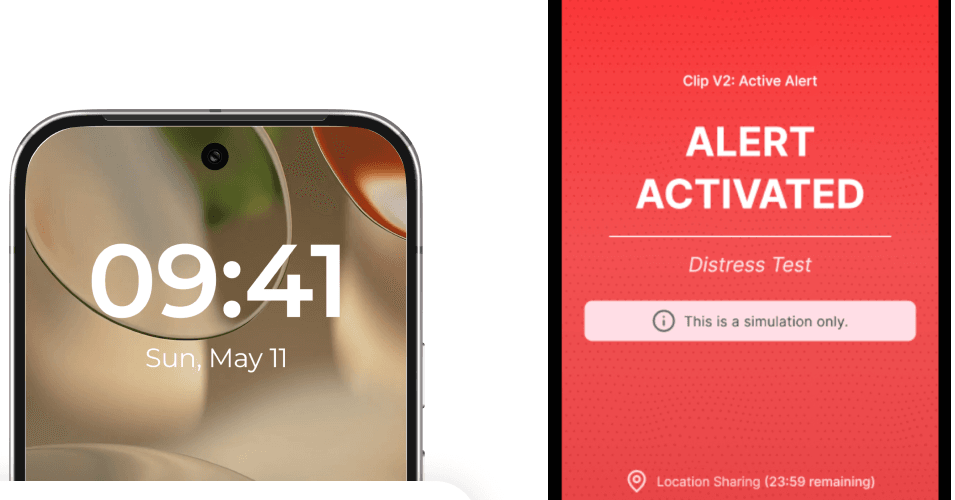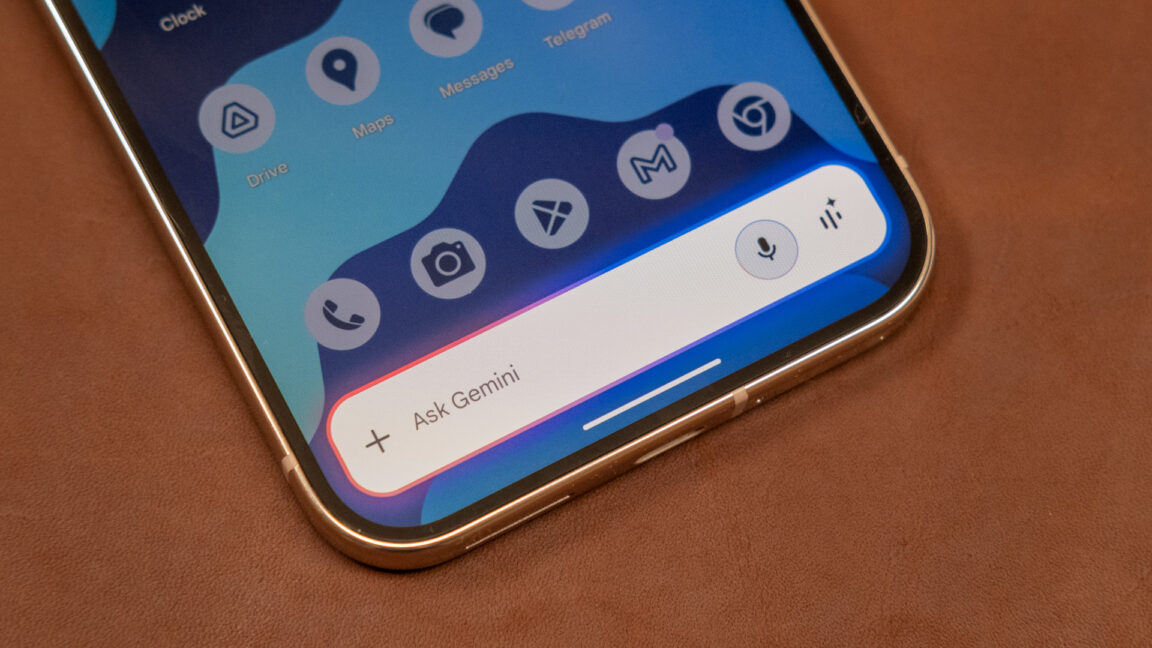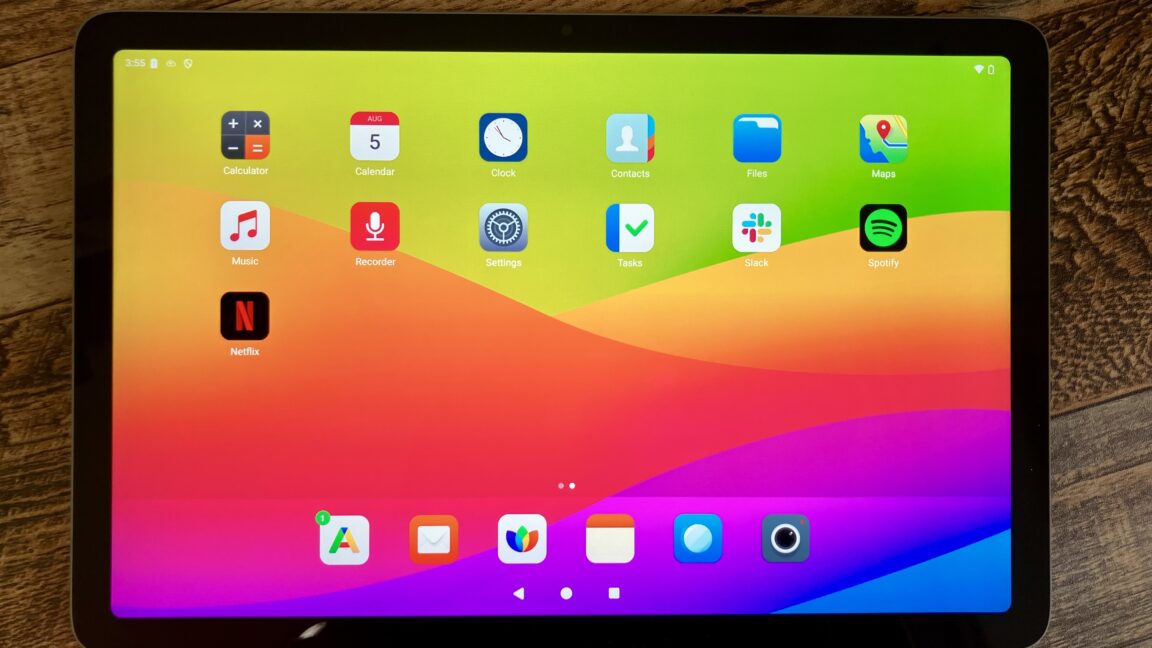Pebblebee Levels Up Personal Safety Tracking With Alert and Alert Live

Bluetooth trackers have faced heavy scrutiny for how easily they can be misused. Now, some makers are turning the same technology toward protection. Pebblebee is one of them, rolling out new safety-first tools designed to help you quickly call for help and share your location on your own terms.
The company’s $35 Clip tracker—part of its Universal range—can be set up with Apple’s Find My or Google’s Find My Device networks. The Clip is built from roughly 30 percent recycled plastic and uses a rechargeable battery that lasts 12 months or more between USB-C top-ups.
The big shift is a free SOS feature called Alert. Multi-press the Clip’s button six or more times and it triggers a loud siren and flashing LEDs while automatically sending an SMS to a preselected Safety Circle contact from the Pebblebee app. A long press on the Clip stops the siren and strobe, and marking yourself safe in the app sends a follow-up text to your contact with your last known location.
Pebblebee says the siren, strobe, and the first Safety Circle contact are free and will remain that way.
When Alert is activated, your chosen contact receives an urgent text with a link to your live location in Google Maps. If you cancel the alert or mark yourself safe, they get a second message confirming you’re OK. The physical feedback (sound and light) is not as powerful as a dedicated personal alarm, but it’s enough to draw attention while you signal for help.
Pebblebee is also introducing a paid tier called Alert Live. This subscription expands your Safety Circle to as many as five contacts and enables live location sharing to all of them when you trigger an SOS with the Clip. Pricing is $3 per month or $26 per year. A new Silent Mode—available to both free and paid users—lets you send alerts without sounding the siren or flashing the LEDs, which can be useful in sensitive situations.
Safety Standards and Cross‑Platform Protections
Industrywide safeguards are evolving in parallel. The Detection of Unwanted Location Trackers (DULT) specification—backed by major players including Apple and Google and moving through IETF ratification—aims to make covert tracking harder. Among the measures under consideration are built-in buzzes or chimes so devices can’t remain completely hidden, plus system-level notifications on iOS and Android that warn people if an unknown tracker is moving with them, even without a dedicated app.
Pebblebee’s leadership says safety has been a priority since the company began implementing DULT and that it regularly works with law enforcement, providing details that can help identify devices and trace misuse through the relevant platform provider when required.
How It Stacks Up to Tile and Life360
Tile has taken a similar tack by tying its trackers to the Life360 app. A triple‑tap on a Tile can trigger a silent SOS for free, and Life360 includes two days of location history at no cost. Paid Life360 plans add longer history, unlimited place alerts, and even emergency dispatch, with tiers at $8, $15, and $25 per month. Circles can technically include up to 99 people, though the company recommends keeping groups to around 10 for practicality.
Pebblebee positions its system as streamlined and fast to use, with more personal-safety features planned before the end of the year.
AirTag Rumors and the Bigger Picture
Apple’s AirTag is reportedly due for a second‑generation update that may bring a new Ultra Wideband chip, deeper ties to Apple’s mixed‑reality platform, and safety tweaks like a tamper‑resistant speaker intended to curb stalking. Some in the industry argue that broader, more aggressive safety updates will only come if customers demand them across the ecosystem.
From Stickers to Built‑In Tracking
Beyond personal safety, Pebblebee is pushing on everyday item tracking. After showing off embedded “Pin” and “Plate” modules in bikes and skis at CES, the company launched scannable Link Label stickers with QR codes for simple lost‑and‑found returns. The vision is that future gear—skis, bikes, golf clubs, power tools, and more—could ship with tracking built in from the start, removing the need for separate tags or stickers.
Privacy by Default
Pebblebee says privacy is the default setting, not an add‑on. The company states it cannot see your location when you’re finding items, and location sharing to family or friends via Alert only happens when you initiate it and ends when you mark yourself safe. Pebblebee also emphasizes that it does not sell user data.
That stance contrasts with past industry practices: Life360, which owns Tile, previously sold precise location data to multiple brokers before changing its data policy in 2022. With scraping and data abuse top of mind—especially in an era of AI—Pebblebee is building an “enhanced privacy layer” slated to roll out late this year or early next. The goal is to shield both location and identity from being scraped, sold, or repurposed by third parties.
The trajectory is clear: trackers are moving beyond lost‑and‑found convenience toward tools that protect people and their data. Pebblebee’s Alert and Alert Live are the latest sign that personal safety—and privacy—are becoming central to the category.



